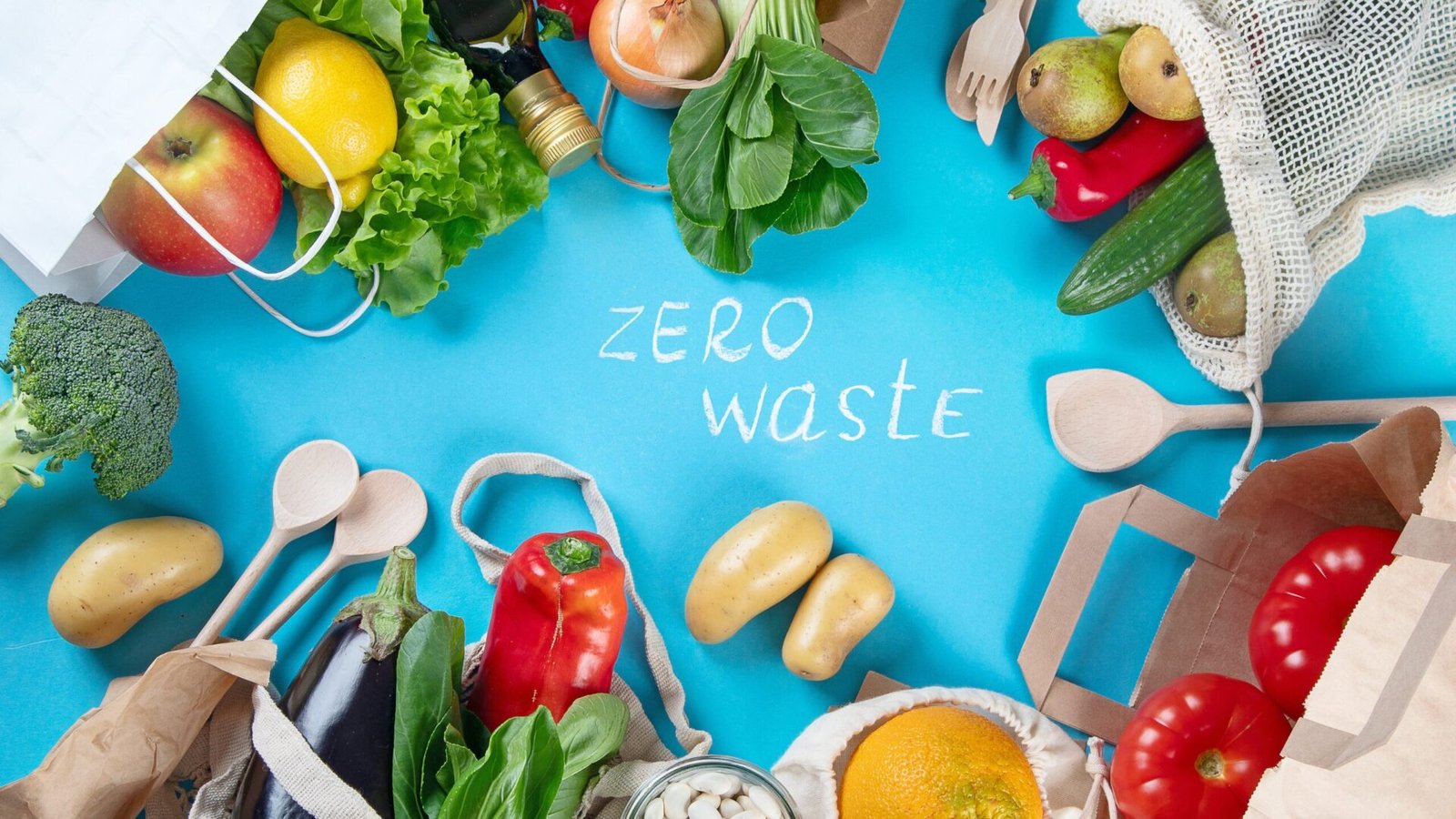
Embracing a sustainable vegan lifestyle is one of the most powerful ways to reduce your environmental footprint. From your morning routine to your grocery habits, every small change matters. Whether you’re just starting or looking to level up your impact, these 10 easy vegan sustainability swaps will help you align your daily habits with your values — protecting animals, people, and the planet 🌍.
🌿 1. Ditch Plastic Bags for Reusable Totes
Plastic bags take over 500 years to degrade and harm wildlife when they end up in oceans and landfills.
✅ Swap them for reusable cotton, hemp, or recycled PET tote bags.
These bags are not only durable and washable, but they also come in chic designs — a practical and stylish alternative for every vegan shopper.
🛒 Bonus Tip: Keep a foldable tote in your car, purse, or backpack so you never forget it!
💧 2. Replace Bottled Water with a Refillable Water Bottle
Every minute, over 1 million plastic bottles are bought globally — and most aren’t recycled.
✅ Use a stainless steel or BPA-free glass bottle that you refill at home, work, or cafes.
Besides saving plastic, this swap encourages proper hydration — a double win for health-conscious vegans. Some brands even donate to clean water initiatives with each purchase 💚.

☕ 3. Bring Your Own Reusable Coffee Cup
Takeaway coffee cups are lined with plastic and typically end up in landfills.
✅ Carry a reusable travel mug, ideally made of bamboo fiber, silicone, or stainless steel.
This small habit reduces waste daily, especially if you’re a regular coffee or matcha drinker. Many cafés now offer discounts when you bring your own — sustainable and economical! 💸
🧼 4. Bar Soap Over Bottled
Most commercial liquid soaps contain animal by-products and come in plastic bottles.
✅ Choose a plant-based bar soap — cruelty-free, palm oil-free, and wrapped in compostable or recyclable paper.
Look for bars made with ingredients like olive oil, coconut oil, or shea butter, which are gentler on your skin and better for the environment.
🥫 5. Buy in Bulk Using Glass Jars
Bulk shopping minimizes packaging waste, reduces food costs, and supports a zero waste vegan pantry.
✅ Bring cloth bags and glass jars for grains, nuts, seeds, legumes, and even spices.
Organizing your pantry this way also adds an aesthetic, minimalist touch to your kitchen. Use chalk labels or etchings to personalize your jars!
🧻 6. Upgrade to Bamboo Toilet Paper
Did you know that over 27,000 trees are cut down daily to make toilet paper?
✅ Switch to bamboo-based toilet paper, which grows quickly and requires less water and no pesticides.
Look for brands that offer plastic-free packaging and donate to reforestation or clean water causes.
🧽 7. Compostable Cleaning Alternatives
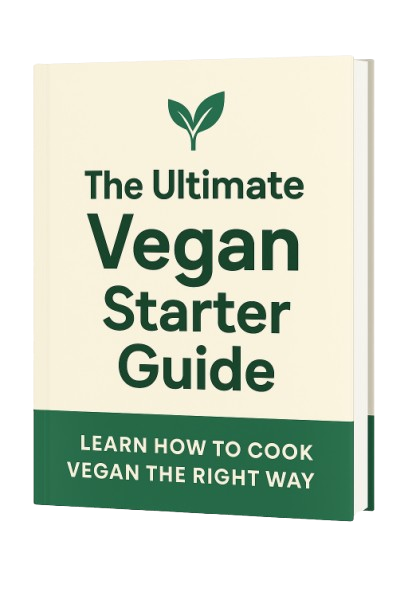
Download Our Free eBook
Get your copy of The Ultimate Vegan Starter Guide and begin your plant-based journey today.
Traditional sponges are made of polyester and polyurethane — both non-recyclable plastics.
✅ Use compostable dish sponges made from cellulose or coconut husk, or switch to long-lasting silicone scrubbers.
These alternatives are just as effective, last longer, and won’t release microplastics into your water system.
🌾 8. Vegan Wax Wraps Instead of Cling Film
Plastic wrap can’t be recycled and contributes significantly to household waste.
✅ Try vegan wax wraps made from candelilla or soy wax. They’re reusable, breathable, and ideal for wrapping fruits, veggies, or covering bowls.
🥗 Bonus: They also reduce food spoilage by allowing a small amount of airflow.
🍴 9. Always Carry a Travel Cutlery Set
Single-use plastic cutlery is among the top 10 items found in ocean cleanups.
✅ Keep a compact set made of bamboo, stainless steel, or even wheat straw plastic in your bag.
Great for picnics, food trucks, or work lunches, this swap keeps you prepared and sustainable on the go.

🧺 10. Choose Eco-Friendly Laundry Products
Mainstream laundry products often contain harmful chemicals and are tested on animals.
✅ Use vegan, biodegradable laundry sheets or powders that come in recyclable or compostable packaging.
Look for certifications like Leaping Bunny, EWG Verified™, or plastic-free logos. Many brands now offer effective options that are also hypoallergenic.
🌎 Final Thoughts: Small Swaps, Big Impact
Shifting toward eco-conscious vegan habits doesn’t require perfection — it starts with awareness and small, repeatable changes. Each of these vegan sustainability swaps empowers you to live more in harmony with your values. As your habits compound, you’ll find not only less waste in your home, but more intentionality in your life 💚.
Still Curious About Veganism?
Our free eBook answers the most common questions and helps you transition smoothly.
Download Now🔍 Explore More Vegan Guides
- ✅ Eco-Friendly Vegan Kitchen Tools
- ✅ Vegan Meal Prep for a Zero-Waste Lifestyle
- ✅ Green Cleaning Products for Vegan Homes
- ✅ Minimalist Vegan Living Tips
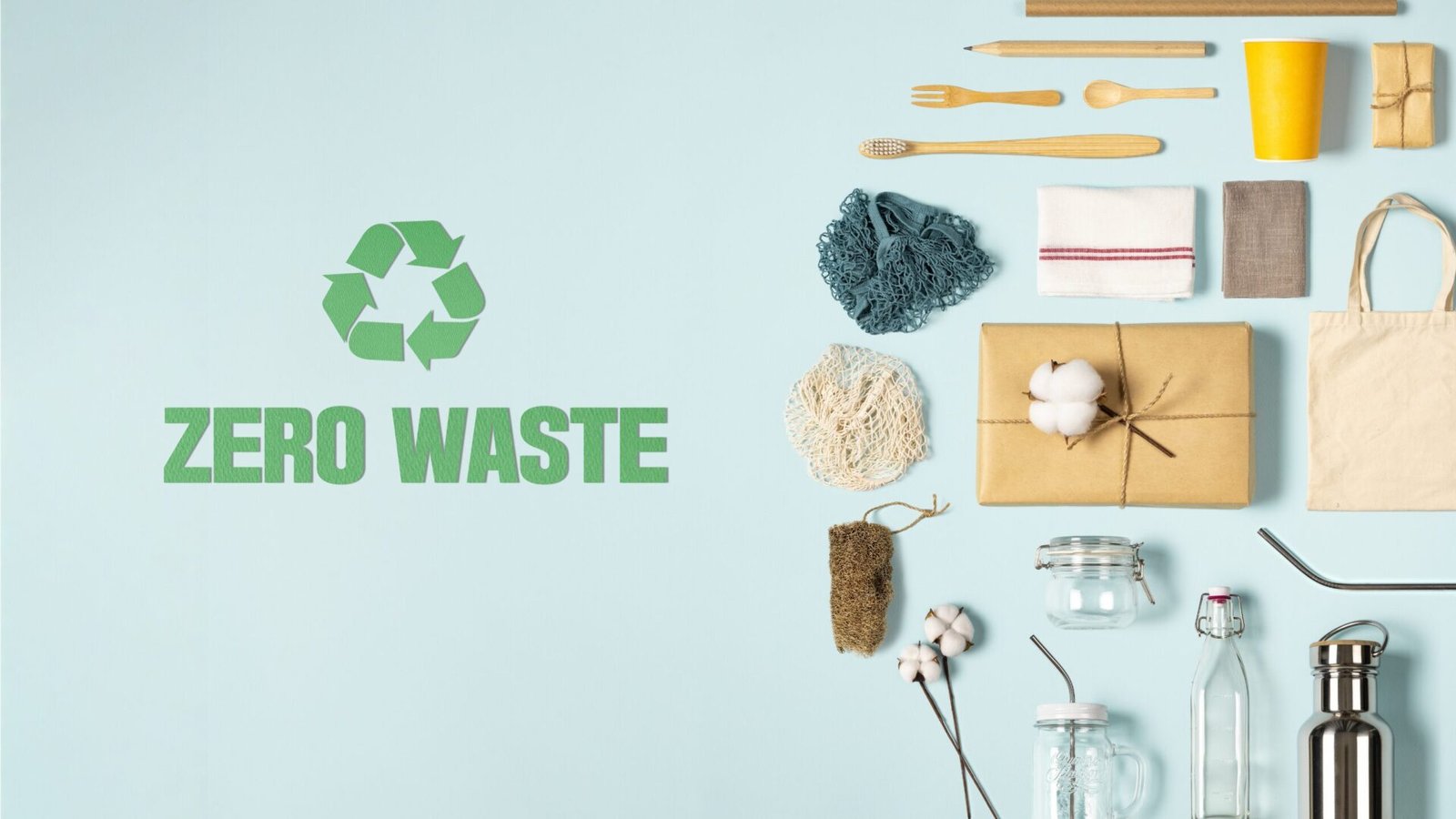
Frequently Asked Questions
✍️ Author's Note: This article was written by The VeganVus Team, a group of passionate plant-based creators dedicated to helping you live a kinder, healthier life. 💚
🌿 VeganVus Recommends
- ✅ Reusable Produce Bags – mesh & organic cotton options
- ✅ Bamboo Toothbrushes – biodegradable and plastic-free
- ✅ Vegan Wax Wraps – eco-friendly alternative to cling film
📚 Want to Learn More About Veganism?
Explore Vegan Basics
Vegan Insights
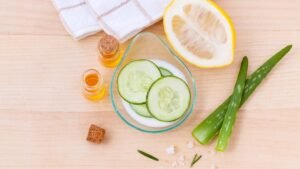
Top Cruelty-Free Vegan Body Care Essentials for Every Season
Finding the perfect body care routine that’s both vegan and cruelty-free can feel like a
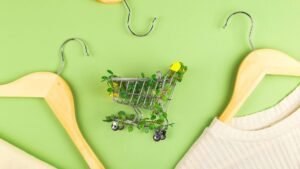
How to Build a Stylish Vegan Wardrobe (Without Breaking the Bank)
Building a wardrobe that’s both fashionable and ethical might sound expensive — but it doesn’t

How to Build a Sustainable Vegan Home: Simple Steps for Greener Living
Living a compassionate lifestyle goes beyond what you eat — it extends into your home,

10 Easy Vegan Swaps to Live a More Sustainable Lifestyle
Embracing a sustainable vegan lifestyle is one of the most powerful ways to reduce your
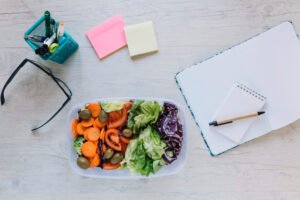
How to Create a Weekly Vegan Self-Care Plan (Relaxation, Nourishment & Mindfulness)
Embracing a vegan lifestyle goes beyond food — it’s about nourishing your entire being 🌿.


